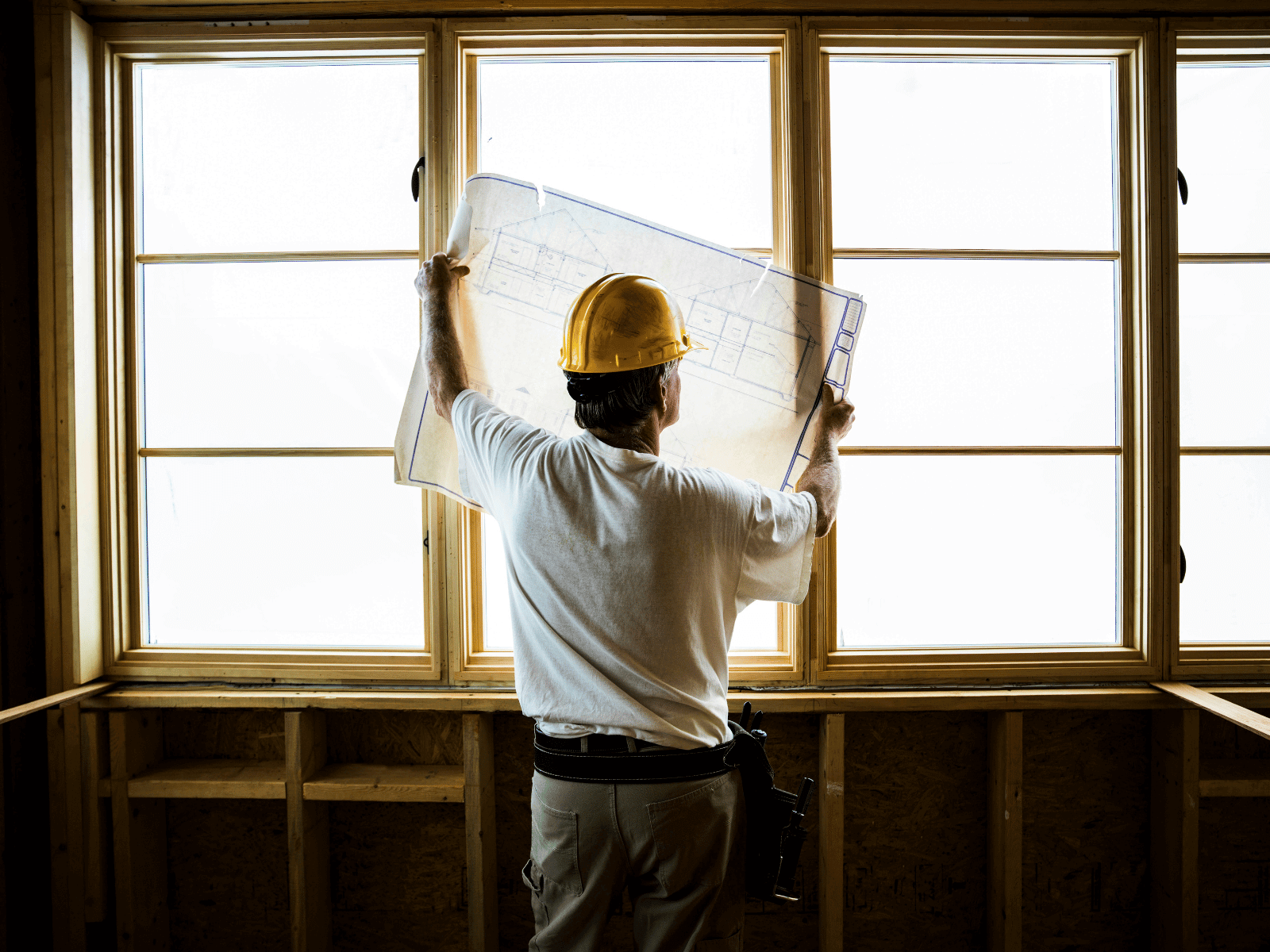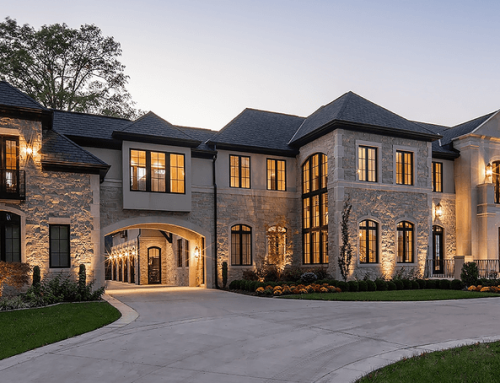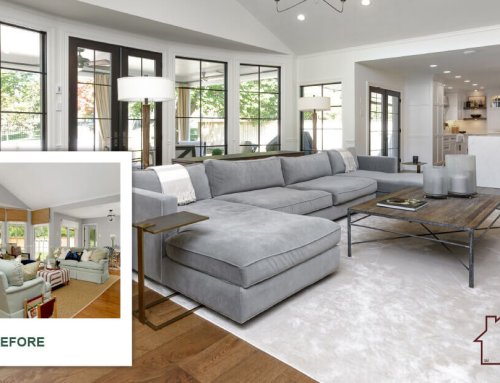While living in your home, have you taken stock of the updates that, if made, would take your home from good to great? A whole home renovation allows you to customize every detail of your existing home, create a more functional space, improve home energy efficiency, and even indoor air quality. Starting the renovation process can be daunting, knowing what to expect can help ease the undertaking.
Selecting the right builder for your project is the first step. Discover everything you need to know about the benefits of a whole home renovation, from choosing the right builder and learning what to expect at each step.
Benefits of a custom home renovation
There are significant benefits to embarking on a whole home renovation, including:
- Extensive customization options, including an updated floor plan, improved amenities, new appliances, extensive flooring options, updated walls, doors, windows and more.
- Creating a more functional, high-performing house that works best with your lifestyle.
- Using high-quality materials and construction that will result in an heirloom-quality home.
- Increased energy efficiency throughout the home, which provides benefits to you and the environment.
- Improved indoor air quality, which can offer longer-lasting health benefits.
How to select the right builder
While there is no doubt a home renovation can be a stressful process, an excellent home builder should be able to alleviate many of those stressors. The best home builders partner with best-in-class trade partners and suppliers to create a superior result while taking full accountability and maintaining excellent communication.
When you’re interviewing builders, there are several important considerations to consider:
- Is the builder able to see your vision and prove that the team can execute it?
- Do you feel like you can trust the builder?
- Is there an overall personality fit between you and the builder?
Below are several essential questions to ask the builders you’re interviewing, so you can be confident you’re partnering with the right one for your project:
- What is the builder’s design and construction philosophy? While you should have a sense of this from your research, this is where the builders can talk about the vision they will bring to the project.
- Who will be the primary point of contact? If you’re interviewing larger firms, you’ll want to be confident with the person you will be working with, so it’s important to clarify your primary point of contact and meet with that person during the interview process.
- What are potential issues you may foresee? The best-planned projects will likely face inevitable hiccups. Whether it’s permit issues, possible structural issues, or supply issues, it’s essential to be able to discuss these potential issues honestly and upfront.
- Can the builder provide a list of references from clients as well as trade partners? Seeing the builder’s past work is essential for you to make your decision. This will help you assess quality and style. If you’re able to speak to references, ask them specific questions that relate to any of your concerns and particular project. How do they treat the trade partners that will be working on your home—this is a critical piece of the puzzle often overlooked.
The 7 Step Renovation Process
The 7 Step Renovation Process ensures homeowners can transform their existing home into the home of their dreams. Below are the seven steps that result in R.E.A. Homes’ specialized process.
- Step #1: Mutual connection
A brief phone call is typically the first point of contact to establish a mutual connection and shared goals of luxury and comfort in a home. This call would discuss the vision for the project. During this call, the builder will be transparent about vision and budget expectations to ensure a good fit.
- Step 2: Partner collaboration
Clients will align on the high-level vision and budget range when collaborating with the builder and its vetted partners. Effective planning ensures that the concept can be executed and aligned with the budget.
- Step #3: Bidding
The finishes will be selected based on the initial design plans during the bidding process. The finishes are carefully selected so that they align with the vision while protecting the budget.
- Step #4: Budgeting
The budget process is iterative and highly collaborative. It prioritizes the high-priority items and includes creative solutions to ensure the vision can be entirely executed. The budget process also gives clients the opportunity to re-prioritize needs and wants.
- Step #5: Pre-construction
During the pre-construction phase, the client gives the final adjustments and approval to the architectural drawings. Once that is finalized, the team can begin preparing paperwork and permits.
- Step #6: Construction
The house is prepped for construction and the demolition and building begins. Throughout the construction process, communication and on-site visits are constant. During the construction period, homeowners need to determine if they will live in the home or move out during the construction.
- Step #7: Completion
The client gets to move into their new home. During this stage, an additional walk-through is conducted to make further adjustments after the client has a chance to experience the home.
R.E.A. Homes partners with homeowners with projects requiring complex needs and profound knowledge and experience to solve problems and offer creative solutions efficiently.
If you’re ready to embark on your home renovation in St. Louis, schedule a consultation with R.E.A. Homes, LLC, the premier custom home builder in St. Louis — let us make your dream a reality!






